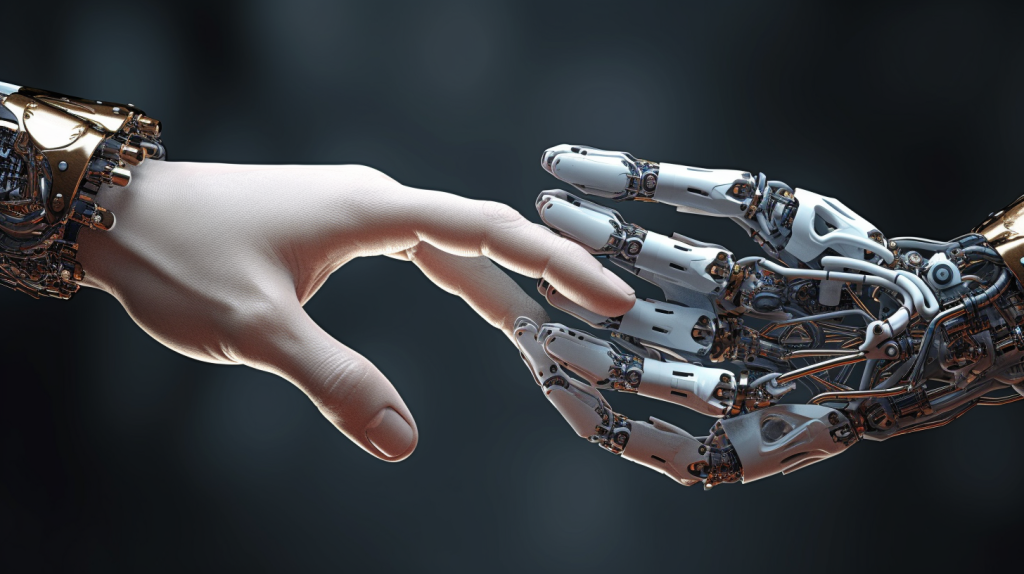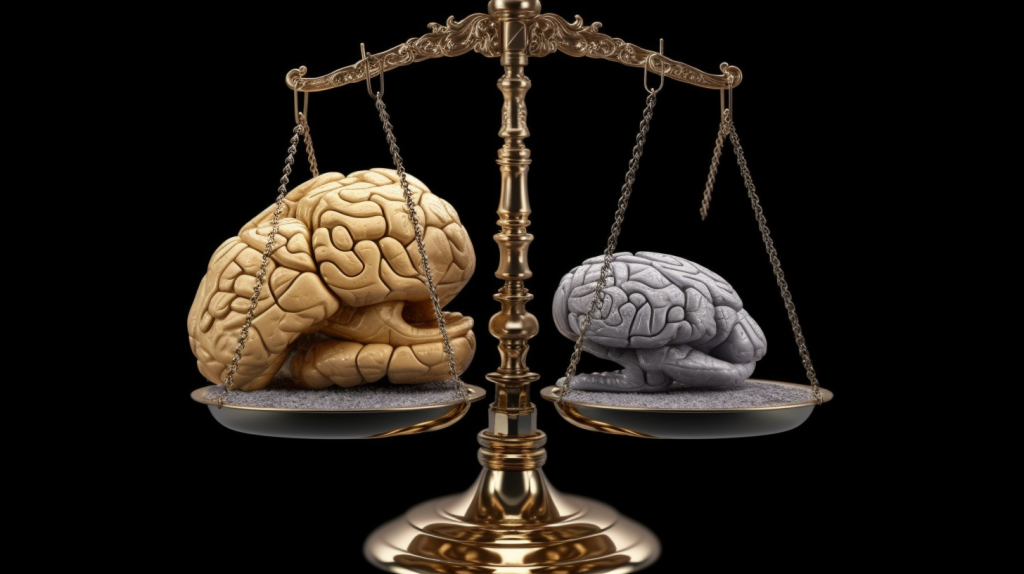Can we really trust artificial intelligence?
Trust in artificial intelligence (AI) is a topic that has captured the imagination of philosophers, scientists, and business leaders alike. But is this trust an act of blind faith or a rational calculation based on empirical evidence? The answer, as is often the case with most complex issues, is a bit of both.

Trust in the age of AI: a pillar at risk
Daniel Dennett, an eminent university professor, Warns that the most pressing problem of artificial intelligence is not job losses or war, but the potential to destroy human trust. In an increasingly digitized world, AI could lead us to a scenario where distinguishing truth from falsehood becomes an increasingly complex task. This deterioration in trust could erode the foundations of our civilization, highlighting the need to address this issue urgently.
Consciousness: A Product of Evolution
Dennett has dedicated much of his career to demystifying consciousness. Contrary to the popular notion that consciousness is a magical or divine phenomenon, Dennett argues that it is a product of natural selection. This approach invites us to reconsider how we understand our own existence and how we interact with emerging technologies such as AI.
Philosophy as a practical discipline
For Dennett, philosophy is not just an academic subject, but a practical discipline that helps people think clearly. In this sense, he argues that if you can't explain your philosophical ideas to brilliant college students, you probably don't understand them yourself. This perspective highlights the importance of effective communication and critical thinking, essential skills in an increasingly complex world.
Daniel Dennett's insights into artificial intelligence and consciousness offer us valuable insight into navigating the ethical and philosophical challenges of our age. His approach reminds us that, beyond technology, what really matters is how it affects the human condition and the social structures we maintain.
Personality and trust in AI
A recent study titled "Is Trust in AI Systems Related to User Personality? Review of empirical evidence and future directions of research" suggests that user personality plays a crucial role in the trust placed in AI systems. This raises fascinating questions about whether our personal predispositions make us more or less likely to trust technology. PDF
Human biases and initial confidence
Another study, "Acceptance, Initial Trust Formation, and Human Bias in Artificial Intelligence: Focus on Clinicians," explores how human biases affect initial trust in AI, especially in the clinical setting. This suggests that our reliance on AI is not purely rational, but is influenced by our own limitations and biases. PDF

Empathy and interaction
Trust is also affected by how we perceive AI. A study titled "Investigating Customer Trust in Artificial Intelligence: The Role of Anthropomorphism, Empathic Response, and Interaction," shows that certain features of AI, such as empathy and interaction, can influence customer trust. PDF
Explainability 1in AI
Finally, explainability in AI is another crucial factor. The article "Explainable Artificial Intelligence: Assessing the Objective and Subjective Impacts of Explainable AI on Human-Agent Interaction" assesses how different methods of explainability in AI affect human-agent interaction. PDF
What to do?
Trust in AI is a complex issue that involves both faith and rational calculation. As we move towards an increasingly digitized future, it is crucial that we address these issues openly and transparently. Only then can we make the most of the opportunities that AI has to offer, without falling into the traps of complacency or unfounded skepticism.
Of course, here's a "Related Articles" section with a brief description of each page:
Related articles
- Omnichannel and the future of retail
This article explores the trends and strategies that are shaping the future of retail. It focuses on the importance of an omnichannel strategy to stay competitive in today's market. - Enterprise Adaptation to AI
This article discusses how businesses can adapt to the growing influence of artificial intelligence. It offers tips and strategies for incorporating AI into different aspects of the business.

4 Responses to "The biggest problem with artificial intelligence today is destroying human trust"
I agree! AI can be useful, but human trust is irreplaceable.
To name a few, we could consider the following activities that, according to various studies and articles, are still considered irreplaceable by AI:
Ethical Decision-Making: AI lacks a moral and ethical framework, making it unsuitable for making decisions that require ethical judgment. A McKinsey article highlights how ethics are crucial in business decision-making.
Creativity and Innovation: AI can generate content based on existing data, but it lacks the capacity for genuine creativity. An article in Wired points out that human creativity remains irreplaceable.
Empathy and Care: Although AI can help in diagnoses, empathy and human touch are crucial in patient care. A study published in Google Scholar highlights the importance of empathy in medicine.
Complex Negotiation: AI can analyze data and patterns, but it cannot understand the subtleties of human negotiation that often involve emotions and interpersonal relationships. Bain & Company has published on how negotiation skills are key in the business world.
Contextual Understanding: AI often lacks the ability to understand the context in which words or actions are used, something that is crucial in fields such as diplomacy and politics. An article from TechCrunch addresses how context is crucial to understanding the complexities of the real world.
These activities underscore the importance of human trust in areas where AI cannot yet act effectively. The combination of human capabilities and AI could be the key to addressing the complex challenges we face.
I don't think artificial intelligence destroys our confidence, on the contrary, it can strengthen it! 🤖💪 #CreoEnLaIA
Trust in artificial intelligence (AI) is a complex and multifaceted topic. In fact, there are studies that suggest that user personality can play a crucial role in the trust placed in AI systems. In addition, factors such as empathy and interaction in AI can influence customer trust.
However, it's important to note that AI also poses potential risks to human trust. Daniel Dennett, an eminent university professor, warns that AI could lead us to a scenario where distinguishing truth from falsehood becomes an increasingly complex task. This deterioration of trust could erode the foundations of our civilization.